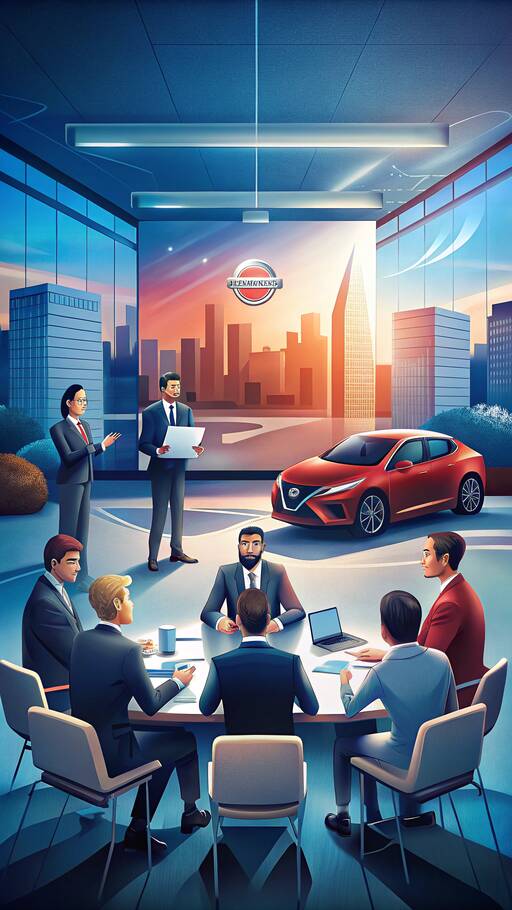
Nissan may revisit merger talks with Honda under new CEO Espinosa, set to assume the role on April 1. While previous discussions collapsed, Nissan's alliances with Renault and Mitsubishi remain intact. The company is open to new partnerships but also prepared to advance solo, driven by a need for collaborative efficiency.
For future models like the Pathfinder, Murano, and Infiniti lineups, collaboration with Honda could potentially boost production volumes, reducing variable costs for both companies. Such collaborative frameworks could extend to pickups and large SUVs, maintaining Nissan's and Infiniti’s brand identity under design chief Alfonso Albaisa.
Despite having a robust cash reserve of 1 trillion yen ($6.7 billion), Nissan faces a cash flow generation problem, indicating a need for increased revenues. Previous CEO Uchida's cost-cutting measures included job cuts and plant closures amid fears of financial instability. The company is pivoting to focus on North America and a strategic EV rollout in China, aiming for export possibilities.
The volatility in U.S. tariffs under President Trump's administration adds to Nissan's challenges. Espinosa aims for strategic clarity amid shifting policies, particularly as a third of Nissan's vehicles are produced in Mexico—where the brand commands significant market share.
Nissan is actively exploring partnerships to regain competitive footing, with an eye on reviving merger talks with Honda and leveraging global manufacturing efficiencies. Strategic collaborations and adaptive strategies in key markets are central to Nissan's resurgence in an ever-evolving automotive landscape.